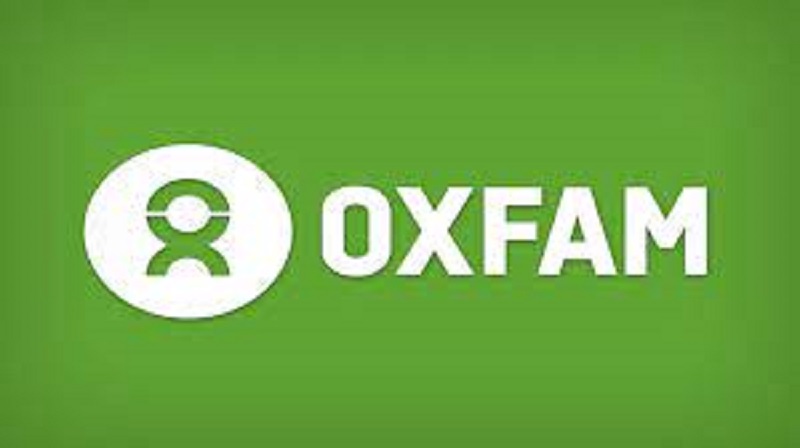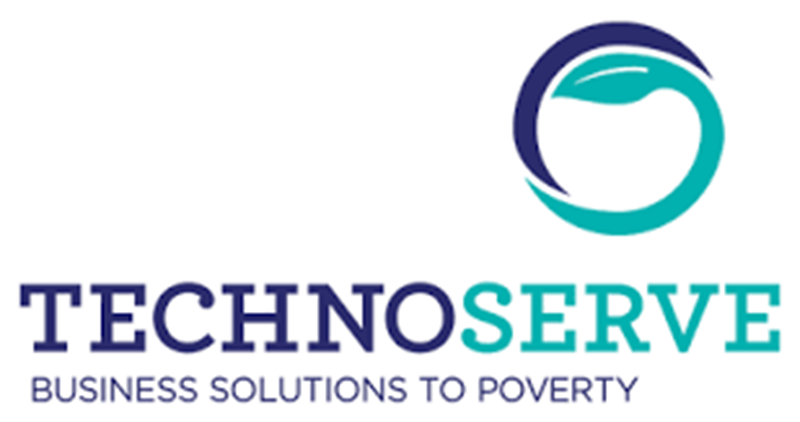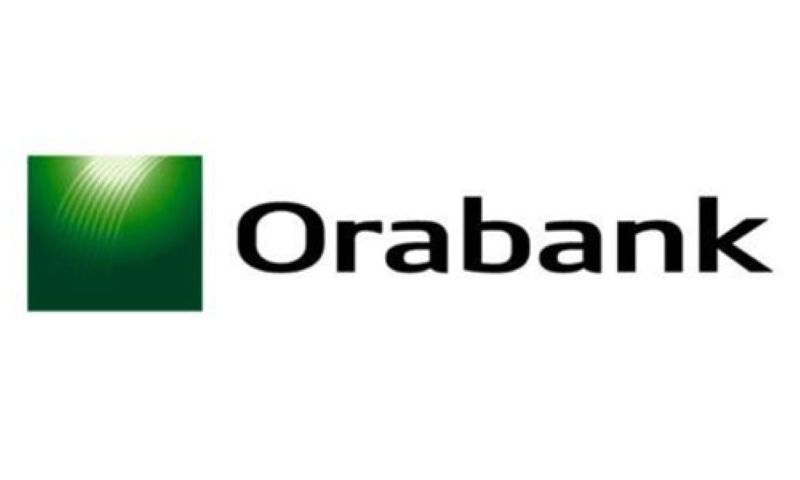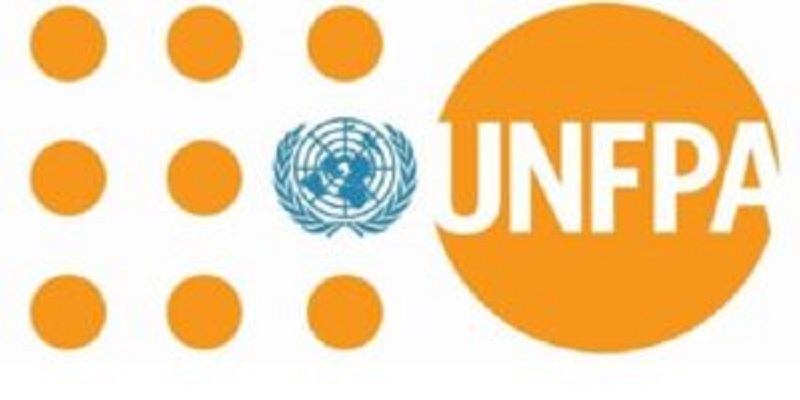|
Oxfam est un mouvement mondial de personnes qui luttent ensemble contre les inégalités et l’injustice de la pauvreté.
The Gender Coordinator is expected to provide high-quality support to different units of the Country Office and to partners according to Oxfam’s standards and contribute to Oxfam’s global and regional learning aspirations through capacity building, coordination, mentoring and monitoring, making sure that Oxfam’s Response meets the gender minimum standards as well as promotes women’s voice, participation and leadership.
The job holder will to define and support the implementation of Gender Justice programming, and strengthen Gender Mainstreaming in humanitarian response, sustainable livelihoods, policy and advocacy/campaigning. This involves long term programming as well as practical support to humanitarian response.
|
| Key Responsibilities and Accountabilities
Program Support and Information, Analysis
- Lead the implementation of the gender action plan according to OXFAM’s Country Strategy and commitments to gender transformative programming.
- Review rapid gender analysis and update as required, drawing on external data and OXFAM partner information. Discuss with senior management the need for a more detailed gender analysis and overall gender strategy to guide OXFAM in Nigeria’s work.
- Carry out gender analysis and power mapping across our programs to explore and address the underlying causes to women’s vulnerability to household abuses due gender stereotypes, social construct, social norms and misperception that limit women’s access
- Promote the emergence of change agents that are strong gender champions (both male and female)
- Support the collection and analysis of sex-and age-disaggregated data (SADD) as well as streamlining the needs assessment, collection and analysis and gender audit so that Oxfam’s programs can be more effective in meeting beneficiary needs.
- Facilitate and support the integration of gender perspectives in the programming across sectors and advise the Leadership Team on challenges and solutions.
- Assist in adapting existing systems to monitor progress in gender mainstreaming by using OXFAM and IASC framework and checklists and adapting them
- Ensure that issues of GBV, SN and PSHEA are explored in sensitive ways, and that services and follow-up are provided in keeping with OXFAM’s guidelines.
- Review project plans and budgets (or provide written guidelines for such a review) to ensure that adequate attention is paid (and resources allocated) to the promotion of gender equality.
- Review project proposals to ensure they are gender sensitive and include budget lines for gender activities.
- Support the Program Quality and Development Unit in anchoring relevant and measurable gender mainstreaming indicators in Oxfam’s programming and influencing work.
- Develop proposals on women’s rights to fundraise for programme activities.
- Prepare periodic progress reports on the women’s rights program
Partnership and Coordination
- Provide expert advice on the implementation of, facilitate and monitor the implementation of Oxfam gender priorities (mainstreaming and standalone projects)
- Provide support and leadership to ensure women’s rights are at the heart of Oxfam’s humanitarian response strategy, and Oxfam’s long term gender justice strategy is relevant and adapted to a post crisis context
- Lead external coordination with government, non-government, partner organizations and UN coordination mechanisms on women rights
- Internal coordination with Program Quality and Development Manager, Sector Specialists and Area Coordinators, strengthening coordination structures to understand the social/gender dynamics and trends in the affected population.
- Encourage setting up gender and safeguarding focal points in partner organizations, local leaders and organizations/networks known to promote the interests of women.
- Build strategic alliances with other key actors, including Women’s Rights Organizations, to advocate for gender-sensitive programming.
- Ensure that OXFAM’s work treats gender as a cross-cutting issue in all its response and recovery activities, in accordance with the emergency response strategy.
- Promote use of the gender action plan by all OXFAM and keep partner staff members aware of this so this is considered in ongoing response and recovery work.
- Lead the activities of the international women’s day and Sixteen Days of Activism against Gender-Based Violence Campaign
Communications and Knowledge Management
- Initiate and/or support research on emerging issues on women’s rights to guide advocacy and campaigns in both humanitarian and non humanitarian programs
- Collect and promote good practices and lessons learned, contributing to a collection of replicable good practices for gender equality programming for both OXFAM in Nigeria and the wider OXFAM
- Provide technical support to identify opportunities for the development of relevant advocacy and communication/information materials to address gender (in)equality issues
Participate in planning sessions as needed and provide a gender perspective on planning issues.
Capacity Building
- Facilitate the training of project staff on gender transformative approach to reduce care burden on women, and involve more women in productive activities and improve their political participation right from the community to State and Federal levels
- Work with OXFAM staff and partners to strengthen capacity to implement gender-responsive programming through training, guidance, one-on-one support, commenting on strategy plans, providing input to program design and proposal writing.
- Review basic concepts and principles of gender/GBV/PSHEA/SN for all team members; provide specialized sector briefings to each respective specialist/team as appropriate.
- Provide regular orientation on promoting the OXFAM gender pick and go modules, OXFAM Minimum Standards for Gender in Emergencies, the use of Gender, Gender in WASH, Gender in EFSL and SL, and GBV handbooks and checklists in all OXFAM focus areas.
Person’s Specification
Essential
- University degree in international development, humanitarian, or gender studies.
Experience
- At least 5 years’ experience in providing technical advice on gender mainstreaming and/or women’s rights programming; demonstrable understanding of gender mainstreaming and women’s rights; and experience in promoting women’s leadership and decision making in areas of sustainable livelihoods emergencies, and disaster risk reduction.
- Substantial knowledge of the socio-economic and political context of the region and how it affects women’s rights and gender equality
- Knowledge of Results-based management (RBM) approach and Performance measurement framework (PMF).
- Knowledge and / or experience of common Oxfam norms objects, standards and tools
- Experience using a computerised information management system (Ms Word, Excel etc.)
Skills & Abilities
- Strong analytical skills and well-developed ability to think strategically, including the ability to analyse post disaster reconstruction and development trends, specifically gender issues;
- Ability to work within multi-cultural teams and as an individual; a self-starter with proven ability to work creatively, innovatively and effectively and who can work within a framework and with limited direct supervision
- Demonstrated ability to manage workflows and balance competing priorities
- Ability to represent Oxfam in a professional and competent manner with external individuals and organisations
- Well-developed conceptual, critical, and analytical thinking with the ability to convey
complex information in a straightforward way and influencing this to a wider audience
- Proven experience as a team player and demonstrably cooperative with members of other teams, responding quickly and accurately to queries and issues
- Excellent interpersonal and communication skills (written and verbal English) and the ability to write clear, concise reports.
- Knowledge or appreciation of Nigeria in terms of its political, economic and social trends plus a good understanding of the key development and humanitarian issues in the region
- Commitment to Oxfam’s overall aims and policies and experience of promoting women’s rights and the interests of marginalized people in all aspects of Oxfam’s work
- Willingness to travel frequently to remote areas
Desirable
- Advanced University Degree (Master’s degree or equivalent) in relevant discipline.
- Working experience in a conflict or post conflict situation
Organisational Values:
- Accountability – Our purpose-driven, results-focused approach means we take responsibility for our actions and hold ourselves accountable. We believe that others should also be held accountable for their actions.
- Empowerment – Our approach means that everyone involved with Oxfam, from our staff and supporters to people living in poverty, should feel they can make change happen.
- Inclusiveness – We are open to everyone and embrace diversity. We believe everyone has a contribution to make, regardless of visible and invisible differences.
Key Behavioral Competencies
- Decisiveness: We are comfortable to make transparent decisions and to adapt decision making modes to the context and needs.
- Influencing: We have the ability to engage with diverse stakeholders in a way that leads to increased impact for the organization We spot opportunities to influence effectively and where there are no opportunities, we have the ability to create them in a respectful and impactful manner.
- Humility: We put ‘we’ before ‘me’ and place an emphasis on the power of the collective, nurture the team and play to the strengths of each individual. We are not concerned with hierarchical power, and we engage with, trust and value the knowledge and expertise of others across all levels of the organization.
- Relationship Building: We understand the importance of building relationship, within and outside the organization. We have the ability to engage with traditional and non-traditional stakeholders in ways that lead to increased impact for the organization.
- Listening: We are good listeners who can see where deeper levels of thoughts and tacit assumptions differ. Our messages to others are clear and consider different preferences.
- Mutual Accountability: We can explain our decisions and how we have taken them based on our organizational values. We are ready to be held to account for what we do and how we behave, as we are also holding others to account in a consistent manner.
- Agility, Complexity, and Ambiguity: We scan the environment, anticipate changes, are comfortable with lack of clarity and deal with a large number of elements interacting in diverse and unpredictable ways.
- Systems Thinking: We view problems as parts of an overall system and in their relation to the whole system, rather than reacting to a specific part, outcome or event in isolation. We focus on cyclical rather than linear cause and effect. By consistently practicing systems thinking we are aware of and manage well unintended consequences of organizational decisions and actions.
- Strategic Thinking and Judgment: We use judgment, weighing risk against the imperative to act. We make decisions consistent with organizational strategies and values.
- Vision Setting: We have the ability to identify and lead visionary initiatives that are beneficial for our organization and we set high-level direction through a visioning process that engages the organization and diverse external stakeholders.
- Self-Awareness: We are able to develop a high degree of self-awareness around our own strengths and weaknesses and our impact on others. Our self-awareness enables us to moderate and self-regulate our behaviors to control and channel our impulses for good purposes.
- Enabling: We all work to effectively empower and enable others to deliver the organizations goals through creating conditions of success. We passionately invest in others by developing their careers, not only their skills for the job. We provide freedom; demonstrate belief and trust provide appropriate support.
Postulez ici |





